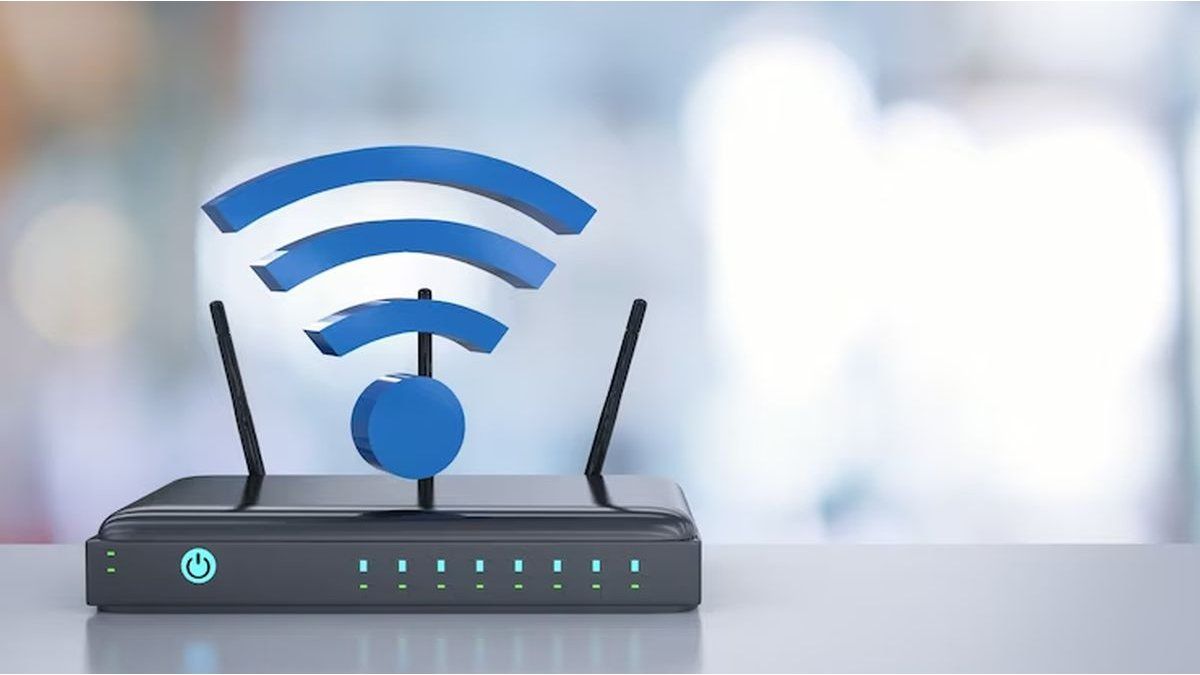Whether due to lack of credit, service or to avoid unnecessary data consumption, we often tend to trust and rely on different data networks. wifi offering free connectionWhile this can be particularly useful in the context of travel, the public internet networks we tend to “hang on to” when we are offline pose a number of significant risks that need to be taken into account when making this decision.
For Fabio Sánchez, director of Cybersecurity at OCP TECH, it is important to adopt the following three recommendations if we find ourselves, for whatever reason, facing the inevitable need to connect to a public internet network while we are outside.
The most important danger we are exposed to is the so-called Man-in-the-Middle or MitM attack. On a public network, it is possible for an attacker to intercept the communication between our device and the server we are trying to access. “If this is successful,” says Sánchez, “it can capture sensitive data, such as login credentials, bank details or personal information. The most effective countermeasure in this case is the use of a VPN (Virtual Private Network). This allows us to encrypt our connection, which prevents attackers from intercepting this information.” The habit of using a VPN avoids many problems, and not only in the context of public internet networks.
Another danger we face if we decide to use free Wi-Fi is that of fake malicious networks. Sánchez warns that attackers “can create fake Wi-Fi networks with names similar to legitimate networks. By connecting to one of these networks, we give the creator free rein to steal data or infect our device with malware.” In this case, prevention is similar to that recommended in cases of emails containing spam or malware: always verify the exact name of the free public network before connecting to it. For this, it is also advisable to consult with local staff (shopping malls, airports, etc.) about the legitimacy of the network you are going to access: better safe than sorry.
Finally, and regardless of the precautions we have taken so far, using public Internet networks increases the risk of malware and spyware. “These networks often lack adequate security, making them fertile ground for the spread of malware.”warns Sánchez. By connecting to them, our device could be infected with malicious software that steals data or compromises its security. For Sánchez, the most effective countermeasure is to keep our computer’s security software up to date and use a firewall (in addition to a VPN), but the most important thing is to avoid accessing sensitive applications or sites, such as home banking, while using a public internet network.
Public internet networks are convenient and especially useful when we are traveling, but we must always be aware of the dangers associated with their use. The good news is that taking preventive measures, such as using a VPN, verifying the authenticity of the network or keeping our security software updated, are decisive steps that we can take ourselves when it comes to protecting our personal and financial information. We must always keep in mind this: at the end of the day, caution ends up being the best ally in the digital world, especially in vulnerable environments such as the one we have just described.
Source: Ambito
I am an author and journalist who has worked in the entertainment industry for over a decade. I currently work as a news editor at a major news website, and my focus is on covering the latest trends in entertainment. I also write occasional pieces for other outlets, and have authored two books about the entertainment industry.




